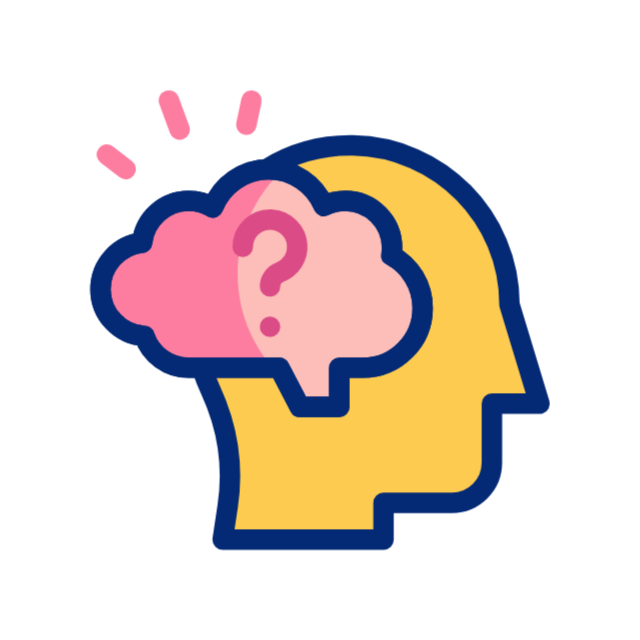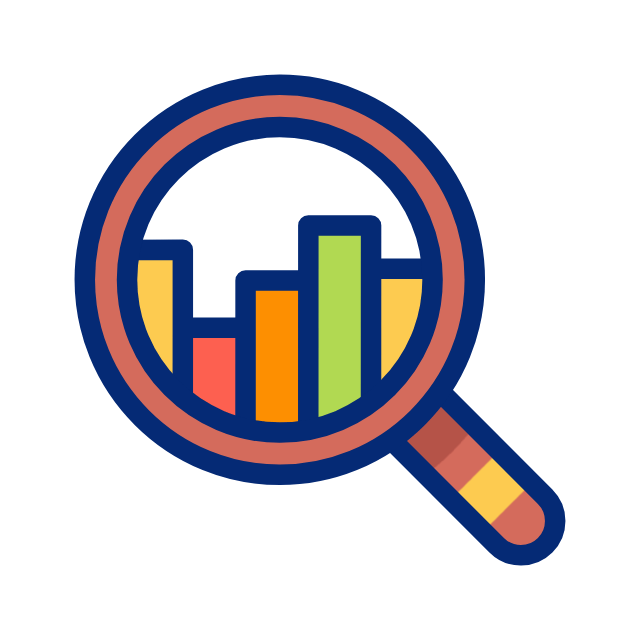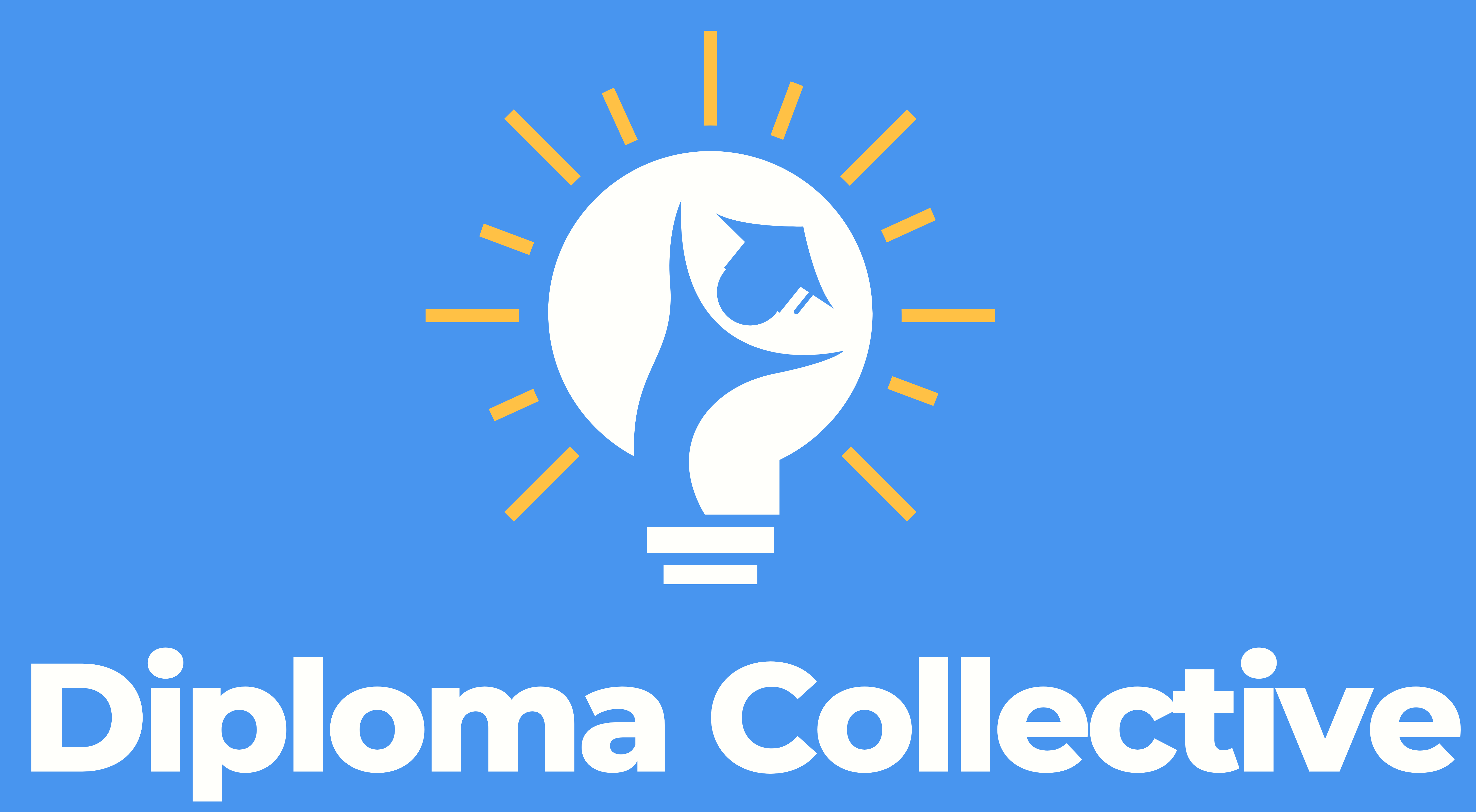Mastering Your IB Economics EE: The Ultimate Guide and Topic Ideas
IB Economics Step-By-Step EE Guide
Free Preview

📚 Welcome to Your IB Economics Extended Essay Guide!

Hello, future economic masterminds!
Welcome aboard this EE adventure — where supply meets demand, incentives battle constraints, and your brain muscles get a full workout!
This guide is your step-by-step map to mastering the Economics Extended Essay (EE) — no guesswork, no aimless wandering, and definitely no boring lectures. Each section is like a checkpoint on your journey, helping you stay focused, efficient, and (dare I say?) maybe even have a little fun along the way.
🛤️ How This Guide Flows:
Step 1–2: We start strong by helping you choose the right topic and craft a sharp research question — because a good beginning is half the battle won.
Step 3–4: Next, you’ll plan your research and conduct your secondary research like an economic detective on the case.
Step 5: Then, it’s time to analyze and evaluate your data, connecting all those dots using real economic theories and models.
Step 6: Along the way, you’ll seek feedback and reflect — because great essays aren’t built in isolation, and growth is part of the journey.
Step 7–8: You’ll structure and write your essay — organizing your brilliance into a clear, powerful paper that examiners will love to read.
Step 9–10: Finally, we’ll format and finalize it so it looks as good as it reads, and then reflect on everything you’ve learned (because yes, you will have grown smarter, faster, and stronger by the end).
🚀 Quick Pro Tips:
Follow the steps in order — each one sets you up for the next.
Use the checklists at the end of each step — they’re your personal quality control.
Stay flexible — sometimes a tiny pivot in your research can save you loads of time later.
Remember: You’re not just writing an essay. You’re becoming a young economist who knows how to think critically, argue persuasively, and back up claims with solid data.
🎯 Final Thought:
The goal isn’t just to survive your EE — it’s to nail it with style and smarts. You’ve got this. And if in doubt, just remember: supply yourself with effort, demand some excellence, and watch the magic happen.
Let’s get started!
Choosing Your Economics EE Topic 🎯

Picking your Economics EE topic is a lot like choosing the perfect pair of shoes:
You want something you can walk in for a long time and something that’s going to look awesome.
You’ll be spending serious time with this topic, so it needs to actually interest you — and it has to fit into the IB Economics syllabus (so you already know the basics!).
🧠 What to Keep in Mind:
Stick to something recent: Your topic should focus on something that happened within the last five years.
(Old-school history lovers, I’m sorry — but Economics is all about the now!)Scan the syllabus: Think back to your classes.
What parts made you pay extra attention?
Did you love learning about microeconomics (small markets)?
Was macroeconomics (big-picture economy) more your thing?
Maybe you loved international trade or issues about development in poorer countries?
Find inspiration: News stories, articles, even personal experiences can spark a brilliant topic idea!
🎯 How to Narrow It Down:
Think about zooming in with a camera.
If you’re interested in “international trade,” don’t just stop there — that’s way too big!
Instead, zoom in:
➡️ “How have steel tariffs affected car prices in the US since 2018?”
The more specific your topic, the easier it is to find good data and do smart analysis.
💡 Super Important:
Your EE isn’t just about describing stuff like “supply” and “demand.”
You need to apply real economic concepts to real-world situations.
You’ll be analyzing, evaluating, and showing you understand how and why things happen in economics.
📊 A Quick Data Reality Check:
Before you commit to your topic, make sure:
There’s enough reliable information (studies, government reports, real statistics).
You’re not stuck with vague opinions or guesswork.
Solid data = a strong EE. Weak data = major struggles later. 🚫
🚫 One Last Warning:
Don’t just recycle your Internal Assessment (IA) topic!
Your IA is based on news articles.
Your EE is your chance to go deeper — with more analysis, more research, and more freedom.
📝 Final Checklist:
Before you move on, make sure your topic:
Is connected to the IB Economics syllabus ✅
Focuses on something that happened in the last five years ✅
Zooms in on a clear, specific angle ✅
Leaves you room to analyze and evaluate ✅
Has plenty of good data and sources ✅
Isn’t just a copy of your IA ✅
Is manageable in 40 hours and under 4,000 words ✅
Choose smart, and you’ll make the rest of your EE journey way easier — and way more fun! 🚀
Developing Your Research Question 🎯

Alright, you’ve picked your Economics EE topic — nice job!
Now it’s time to set your GPS: your research question.
Without a good question, you could easily wander off course and get totally lost. 🧭
🧠 What Makes a Great Research Question?
It’s super focused:
➡️ Don’t ask something massive like “How does government intervention affect growth?”
➡️ Instead, zoom in:
➡️ “To what extent did the introduction of a sugar tax in Country X between 2019 and 2023 alter consumer behavior and local sugar-product sales?”
See the difference? Specific = manageable.It requires economic thinking:
Your question should demand that you apply theories and models (like supply and demand, elasticity, market failure, etc.).
If you can answer it with just “yes” or “no” — it’s too simple!It’s the right size:
Too broad = you’ll drown trying to cover everything. 🌊
Too narrow = you’ll run out of things to say. 🪫
Find that “Goldilocks Zone” where it’s just right for 4,000 words.
🧩 How to Come Up With Your Question:
Look at what interests you from class, the syllabus, or even real-world news.
Ask:
➡️ “Do I know enough theory and background to work with this?”
➡️ “Is this definitely Economics (and not Business or Psychology)?”Check your data early:
If you can’t find real, recent data on your topic, rethink it now!
(You can’t write a serious economics essay without solid stats.)
🔄 Be Ready to Adjust:
Your first idea might not be perfect — that’s normal!
As you start digging into research, you might need to tweak your question.
Smart students stay flexible and refine their question if better angles show up.
✅ Quick Research Question Checklist:
Ask yourself:
Is my question clear and specific?
Does it require economic theory and analysis?
Can I answer it properly in 4,000 words and 40 hours?
Is it about events or data from the past five years?
Do I have enough reliable data to work with?
If you can tick ✔️ all five, you’re ready to move on!
🎯 Final Tip:
Your research question is the heartbeat of your EE. Spend time getting it right now — and the whole essay will be a lot easier (and stronger) later!
Oh no! You dont have access but…

Start your journey to a 7 today. Get access to:




Oh no! You dont have access but…

Start your journey to a 7 today. Get access to:




Oh no! You dont have access but…

Start your journey to a 7 today. Get access to:




Oh no! You dont have access but…

Start your journey to a 7 today. Get access to:




Oh no! You dont have access but…

Start your journey to a 7 today. Get access to:




Oh no! You dont have access but…

Start your journey to a 7 today. Get access to:




Oh no! You dont have access but…

Start your journey to a 7 today. Get access to:




Oh no! You dont have access but…

Start your journey to a 7 today. Get access to:




Try Out ALL Of Our IB Economics Student Resources For FREE
If you’re pursuing the IB Diploma, you’ve likely heard about the IB Economics EE (Extended Essay). The IB Economics EE is a vital part of your IB journey—a 4,000-word independent research essay in economics. The EE not only contributes to your diploma but is an opportunity to showcase your analytical and research abilities.
This comprehensive guide will walk you through the IB Economics EE process, including selecting the right topic, conducting detailed research, structuring your essay, and even reflecting effectively.

What Exactly is the IB Economics EE?
The IB Economics EE allows you to investigate a specific economic issue or question deeply. You’re expected to apply relevant economic theories, models, and real-world data to answer a clearly defined research question. This research process helps you build independent learning skills, develop critical thinking, and apply your classroom knowledge to real economic scenarios.
Mastering your IB Economics EE involves:
Selecting a focused economic question.
Conducting thorough and effective research.
Applying relevant economic theories and models.
Structuring and writing clearly and professionally.
Reflecting on the learning and research process thoughtfully.
What Exactly is the IB Economics EE?
Selecting your IB Economics EE topic is critical. The topic must be specific, recent (ideally within the past five years), and economically significant. It should also genuinely interest you since you’ll be spending considerable time researching and writing about it.

Consider these categories and topic examples to inspire your choice:
Microeconomics IB Economics EE Topics
“To what extent has the implementation of minimum wage laws affected small businesses in California between 2020-2024?”
“How has the growth of streaming services affected traditional cinema ticket sales in the United States from 2019-2023?”
Macroeconomics IB Economics EE Topics
“How effective has quantitative easing been in boosting economic growth in Japan during the period 2019-2023?”
“Analyzing the impact of the COVID-19 stimulus checks on consumer spending habits in the UK between 2020-2024.”
International Economics IB Economics EE Topics
“What impact did the US-China trade war have on the agricultural sector in the American Midwest from 2019-2023?”
“To what extent did Brexit influence the export performance of UK automotive manufacturers from 2020-2024?”
Development Economics IB Economics EE Topics
“Assessing the impact of microfinance initiatives on economic empowerment in rural Bangladesh from 2019-2023.”
“How effective has foreign direct investment been in promoting sustainable economic development in Kenya between 2018-2023?”
Common Pitfalls to Avoid in Your IB Economics EE
- Topic Too Broad: Ensure your topic is narrow and manageable within the 4,000-word limit.
Lack of Analysis: Avoid simply describing economic situations. The IB Economics EE requires you to analyze and critically evaluate economic scenarios thoroughly.
Poor Sources: Use credible and recent economic data and publications. Poor-quality or outdated sources weaken your argument significantly.
Neglecting IB Formatting Requirements: Pay close attention to IB guidelines on formatting, citations, and referencing. Mistakes here are easily avoidable but can cost you valuable marks.

Essential Steps to Excel in Your IB Economics EE

Step 1: Crafting Your Research Question
Your IB Economics EE research question should be concise, clear, and economically analytical. Avoid simple yes/no questions—instead, ask something that demands in-depth economic analysis and critical thinking.

Step 2: Conducting Your Research
Effective IB Economics EE research involves gathering secondary data from credible sources like academic journals, government publications, and economic databases (World Bank, IMF). Optionally, primary research such as expert interviews or surveys can enrich your analysis.

Step 3: Applying Economic Theories and Analysis
Use economic theories explicitly in your IB Economics EE. Clearly explain how your research findings either support or challenge these theories. Employ relevant economic models such as demand and supply, elasticity, and market structures to strengthen your analysis.

Step 4: Structuring Your IB Economics EE
Your essay should have a logical, clear structure:
Introduction: Explain your research question, its economic significance, and a brief methodology overview.
Methodology: Detail your data collection methods, justify your sources, and address any limitations.
Analysis: Present your data with clear visuals (charts, graphs) and apply relevant economic theories.
Discussion: Interpret your findings, exploring economic significance, and address alternative perspectives.
Evaluation: Critically evaluate your methodology, data reliability, and consider broader economic implications.
Conclusion: Directly address your research question, summarizing your findings clearly.

Step 5: Reflecting Effectively
Reflection is mandatory in your IB Economics EE process. The IB expects you to reflect genuinely about your learning journey, challenges encountered, and skills developed. Use the Reflections on Planning and Progress Form (RPPF) wisely to demonstrate critical thinking and personal growth.
ib economics ee ib economics ee ib economics ee ib economics ee ib economics ee ib economics ee ib economics ee ib economics ee ib economics ee ib economics ee
ib economics extended essay ib economics extended essay ib economics extended essay ib economics extended essay ib economics extended essay ib economics extended essay ib economics extended essay ib economics extended essay ib economics extended essay ib economics extended essay ib economics extended essayib economics extended essay
